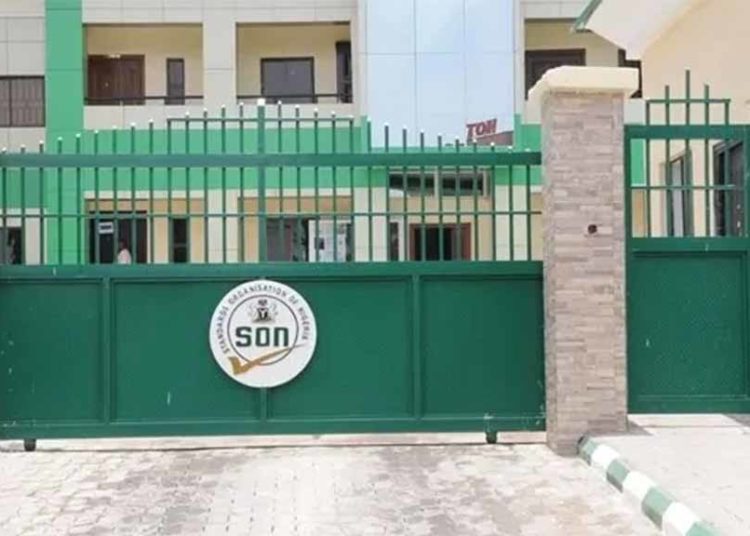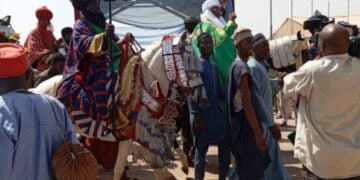Nigeria is accelerating efforts to position its electrical manufacturing sector for global competitiveness through a strategic alliance between the Standards Organisation of Nigeria (SON) and the International Electrotechnical Commission (IEC), a union, SON director-general Dr. Ifeanyi Okeke, called a “game-changer” for safety, quality and export readiness.
Speaking at a forum in Abuja, Okeke described the event as a landmark in Nigeria’s ongoing journey to align with international best practices and a major boost for the country’s standardisation efforts in the electrical and electronic sectors.
The forum was convened as part of the 2025 African tour and official visit of the IEC secretary-general and CEO, Mr. Philippe Metzger, to Nigeria.
“Today is a memorable day for us in the standardisation fraternity. We are honoured to host the IEC secretary-general, which signifies Nigeria’s growing influence and commitment to international standards,” he said.
He noted that Nigeria became an affiliate member of the IEC in 2006 and attained full membership in 2017. Since then, SON has mirrored 23 IEC technical committees locally—an arrangement that gives the country a voice in shaping standards for the global electrical industry.
He said SON had significantly expanded the participation of technical committees across the electrical and electronics sectors, ensuring that all critical standards are covered and that industry stakeholders have a stronger voice in shaping the regulatory framework.
“This ensures our participation is not only compliant but also impactful.
“We are now better positioned to influence international policies that impact our industries.
“Nigeria’s involvement in IEC activities has led to the adoption and nationalisation of international standards, with a direct impact on local production quality,” Okeke stated.
The SON DG said one of the clearest signs of progress is the top-tier quality of Nigerian-made electrical cables, now competitive on the global stage.
He urged Nigerian manufacturers to adopt the IEC Conformity Assessment Schemes, stressing that international certification would open global markets, cut down product rejection rates, and boost investor confidence in locally-made goods.
“With IEC-backed certification, Nigerian products are more globally credible,” he said, “This removes traditional trade barriers and builds confidence among international buyers.”
He also spotlighted the advantages of the IEC Electrotechnical Programme (IEC EP), which runs on the principle of “one standard, one test, one certificate.” The framework, he noted, streamlines compliance for manufacturers by removing the burden of repetitive testing across different markets.
“This will empower our industries to scale more efficiently and export without fear of rejection,” Okeke said, “It’s a significant step toward integrating Nigeria into the global standards ecosystem.”
Okeke issued a rallying call to Nigerian manufacturers to seize the opportunity now to slash compliance costs, accelerate time-to-market, and unlock unprecedented profit growth.
“I invite our manufacturers to seize this opportunity,” he said. “The path to international markets is clearer than ever.”





